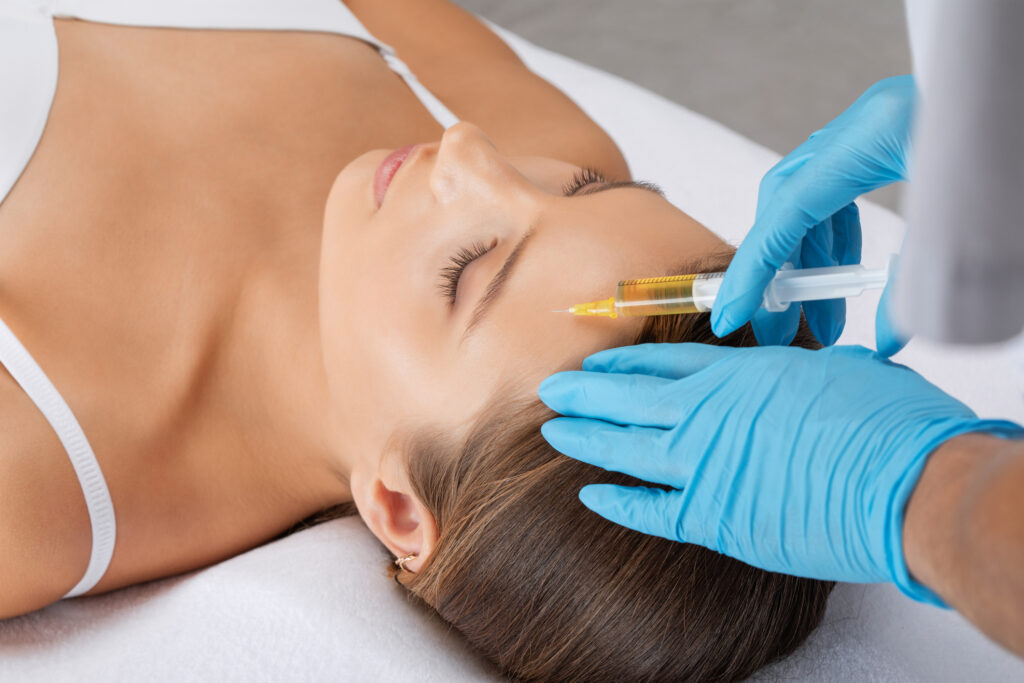Exploring the Role of Dermal Papilla Stem Cells in Regenerative Medicine
In recent years, the focus on regenerative medicine has intensified, particularly concerning the potential of stem cells in healing and tissue regeneration. Among the various types of stem cells, dermal papilla (DP) stem cells have garnered attention due to their remarkable regenerative capacity. A recent study delves into the effects of natural products on the cellular processes of these stem cells, particularly regarding stemness and autophagy.
Dermal papillae, located at the base of hair follicles, play a crucial role in hair growth and regeneration. The stem cells found within these structures are instrumental not only in hair follicle development but also in various regenerative processes within the skin. The study, led by Zin Zin Ei and colleagues, highlights the significance of these DP stem cells as a valuable model for examining how natural products can influence cellular behaviors.
One of the primary aims of the research is to assess the impact of natural substances on the stemness of DP stem cells. Stemness refers to the properties that allow stem cells to self-renew and differentiate into various cell types. By understanding how natural products can enhance or regulate these properties, researchers hope to identify new therapeutic approaches for conditions related to hair loss and skin regeneration.
Moreover, the study investigates the role of autophagy, a cellular process that involves the degradation and recycling of cellular components. Autophagy is essential for maintaining cellular homeostasis and has been linked to various diseases, including cancer. The research aims to uncover whether natural products can modulate autophagic processes in DP stem cells, thereby influencing their regenerative potential.
The collaborative effort of researchers from esteemed institutions underlines the importance of this study. Zin Zin Ei, a key contributor from the Department of Pharmacology and Physiology at Chulalongkorn University, worked alongside Supalerk Kowinthanaphat, Pilaiwanwadee Hutamekalin, Verisa Chowjarean, and Pithi Chanvorachote, each bringing their expertise from various departments and centers of excellence.
As the search for innovative treatments in regenerative medicine continues, studies like this pave the way for new insights into how natural products can enhance stem cell function. Understanding the intricate relationship between DP stem cells, stemness, and autophagy could lead to breakthroughs in the treatment of hair loss and skin-related conditions, reinforcing the potential of harnessing nature’s resources for medical advancements.
In conclusion, the exploration of dermal papilla stem cells presents exciting opportunities for future research and therapeutic applications. As we continue to uncover the complexities of these cells and their responses to natural products, the foundation is being laid for innovative strategies in regenerative medicine that could benefit countless individuals seeking effective treatments.


